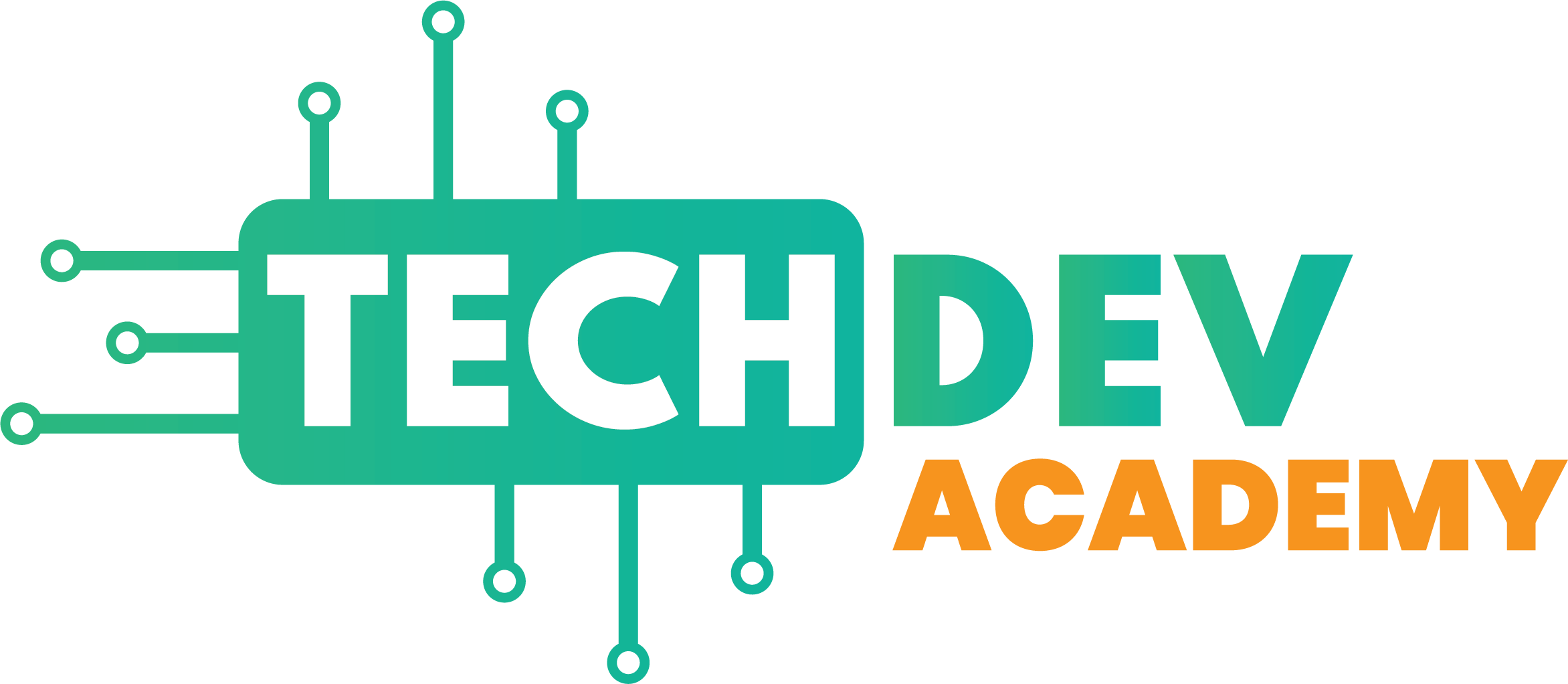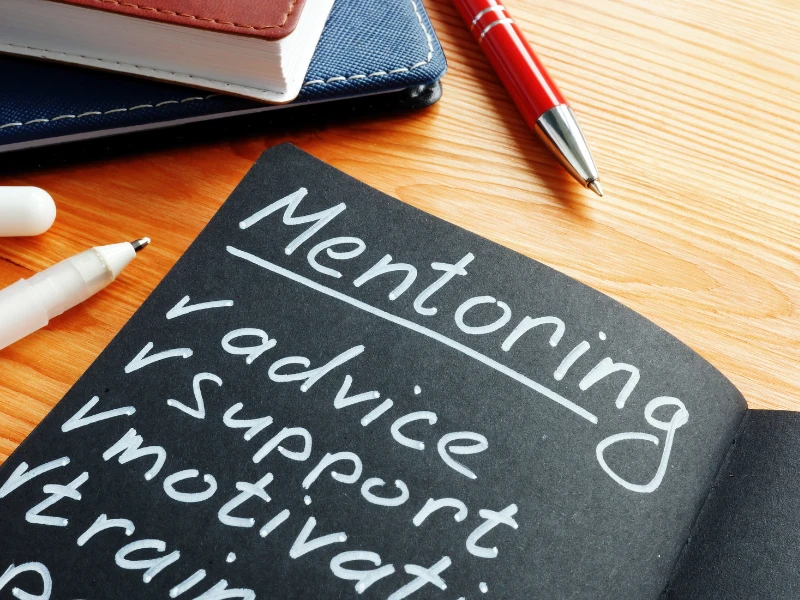The assistance of mentors is crucial for students as they progress through high school. Like professors, mentors can provide advice and assist in overcoming challenges, but mentors also offer more individualized support. Students find it simpler as a result to talk about their own experiences and ask questions that aren’t always academic in nature.
In a student’s life, a good mentor can have a profound impact. A mentor can have a great influence on your life, regardless of whether you want to attend college or just need someone to help you study. A mentor can offer guidance, a sounding board and encouragement when students are in need of support. Mentors also advise on which classes would be most beneficial to take. In this article we’ll explore how you can find a mentor, the benefits that their role offers, and how to maintain a relationship with your mentor.
1 . The Benefits of Having a Mentor
The advice and assistance a mentor may offer is among the most important advantages of having one. Mentors can offer students advice on everything from academic subjects to college applications and personal challenges. They can help students navigate the often-overwhelming world of high school and provide a sounding board for their ideas and concerns.
Mentors can also provide a valuable source of motivation and inspiration. By sharing their own experiences and successes, mentors can help students set goals and work towards achieving them. They can provide a sense of accountability, encouraging students to stay focused and committed to their goals.
In addition to guidance and motivation, mentors can also offer students access to a network of contacts and resources. This can be especially valuable for students who may not have a strong support system at home. Mentors can introduce students to new opportunities, connect them with professionals in their field of interest, and provide access to resources and programs that can help them succeed.
2 . How to Find a Mentor
Finding a mentor is challenging, but there are several ways to go about it. One of the best places to start is with the guidance department at your high school. Guidance counselors are trained to help students navigate academic and personal challenges and they may be able to connect you with an adult who can provide additional support and guidance. Another option is to reach out to teachers, coaches, or other adults in your school who you admire and respect. These individuals may be able to offer guidance and support and can serve as valuable mentors.
Outside of school, there are also many organizations that offer mentorship programs for high school students. These programs may be focused on specific areas of interest, such as STEM, the arts, or mentorship programs for young entrepreneurs, and can provide access to mentors who are experts in these fields. This is a great way to build your network and make connections with people who can help you succeed both professionally and personally.
3 . Maintaining a Mentor Relationship
Once you’ve found a mentor, it’s important to maintain the relationship to ensure that it remains valuable and beneficial for both parties. Here are a few tips for maintaining a mentor relationship:
 Communicate regularly
Communicate regularly
Regular communication is key to maintaining a strong mentor relationship. Whether you communicate with your mentor by phone, email, or in-person meetings, be sure to do it frequently.
Be respectful of their time
Your mentor is likely a busy professional, so it’s important to be respectful of their time. Make sure to schedule meetings or calls in advance and be on time for your appointments.
Take their advice seriously
Your mentor is offering you advice and guidance for a reason, so it’s important to take their suggestions seriously. Consider their input and feedback carefully, and be open to making changes based on their recommendations.
Show appreciation
It’s important to show your mentor that you appreciate their support and guidance. Let them know how much their assistance meant to you and express your gratitude for their time and any advice they may have provided.
Conclusion
Mentors can play a crucial role in supporting high school students and helping them achieve academic and personal success. By providing guidance, motivation, and access to resources, mentors can help students overcome challenges and reach their full potential. If you’re a high school student, consider reaching out to your guidance department or other adults in your school for mentorship opportunities. And if you’re an adult looking to make a difference, consider becoming a mentor and helping the next generation of leaders grow.



